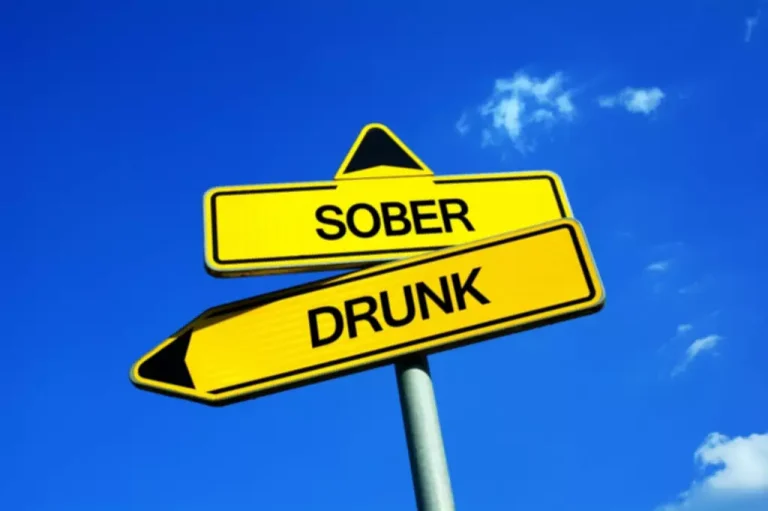
But friends and family may feel unsure about how best to provide the support needed. The groups for family and friends listed in the “Resources” section may be a good starting point. Also known as “alcohol counseling,” behavioral treatments involve working with a health care provider to identify and help change the behaviors that lead to alcohol problems.
Setbacks Are Part of the Process
The digital gallery features over 280 selected artworks in celebration of National Recovery Month. On March 1, 2022, President Biden announced his administration’s strategy to address our nation’s mental health crisis as outlined in the 2022 Presidential Unity Agenda. Some people recover from AUD the first time they seek treatment, while others may require several treatment attempts. The more you try, the higher your chances of success. People who’re dependent on alcohol may need to learn skills and coping mechanisms to help avoid alcohol once you leave a treatment center or return to familiar environments.

Additional Resources
Official websites use .govA .gov website belongs to an official government organization in the United States. Unlike many other resources you may find online, the Navigator has no commercial sponsors. Instead, it is produced by the leading U.S. agency for scientific research on alcohol and health, the National https://ecosoberhouse.com/ Institute on Alcohol Abuse and Alcoholism (NIAAA). If you are seeking treatment for yourself, you are taking an important step in your route to recovery. You may wish to ask someone you trust to help you through the process and for support along the way. Take an honest look at how often and how much you drink.

How to Support Someone During Rehab and Recovery
They can work in solo or group practices or in health care centers. See 10 recommended questions to ask treatment programs in Step 2. We also offer some “best case” answers to listen for.
For some folks, medication-assisted treatment (MAT) can be a game-changer. This approach combines medications like naltrexone or acamprosate with counseling and behavioral therapies. It’s not about swapping one substance for another, but rather using medication to help manage cravings and support long-term recovery. But what if you can’t take time away from work or family responsibilities? These programs allow you to receive treatment while still living at home and maintaining your daily routines. It’s a more flexible option, but it requires a strong support system and commitment to recovery.
People can also make contact with an AUD counselor who is local to their area and can provide therapy and support. The intervention must be at an appropriate time and place. It may also be useful to rehearse the intervention with those involved prior to approaching the person alcohol addiction help with AUD. If a person is worried someone they care about has AUD, they should consider the following steps. The key difference between AUD and these behaviors is that AUD is an addiction. This means someone with AUD is mentally and physically dependent on alcohol.
- Keep a record of your drinking to help you reach your goal.
- Recovering from alcohol addiction or abuse is much easier when you have people you can lean on for encouragement, comfort, and guidance.
- Once you have interviewed the providers you found, how do you choose?
- You aren’t to blame for your loved one’s drinking problem and you can’t make them change.
Government information
For 3 to 4 weeks, write down every time you have a drink and how much you drink. Reviewing the results, you may be surprised at your weekly drinking habits. Do you want to stop drinking altogether or just cut back?
- Think of it as giving your body and mind the TLC they deserve after years of abuse.
- You may encourage them to call their sponsor, research other treatment options with them such as long-term treatment, or utilize another professional resource.
- For any alcohol treatment program you are considering, be sure to ask the 10 recommended questions, and use the answers to check for five signs of higher-quality care.
- And you don’t have to wait until you hit rock bottom; you can make a change at any time.
You can access professional telehealth care by phone or video chat. You can take self-guided online programs to reduce or quit drinking. You might put together a care plan that combines some or all of these choices. Mutual-support groups provide peer support for stopping or reducing drinking. Group meetings are available in most communities at low or no cost, and at convenient times and locations—including an increasing presence online.


